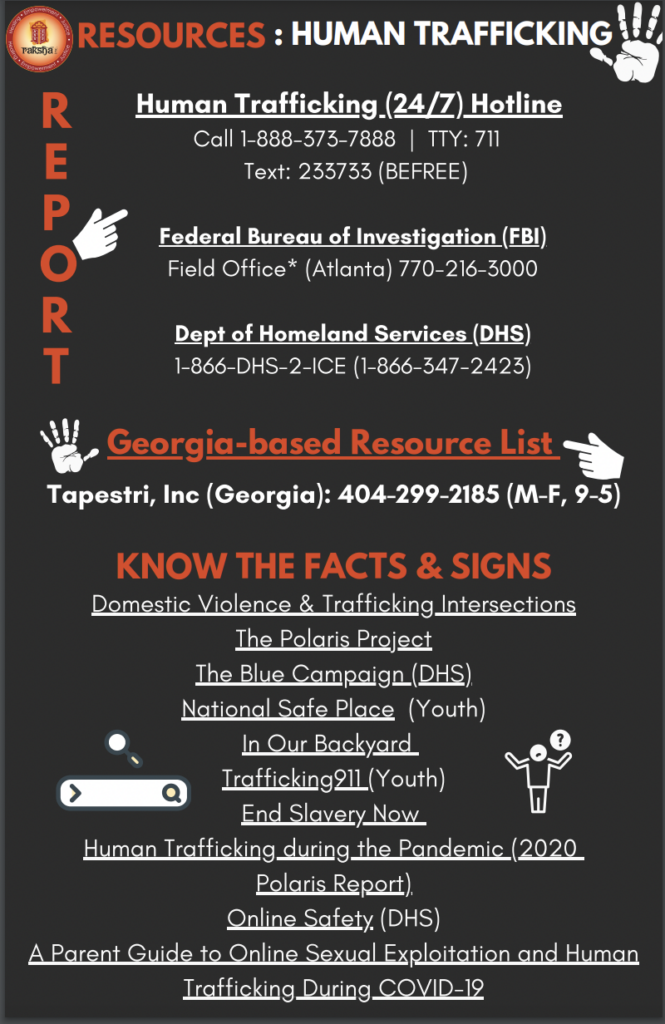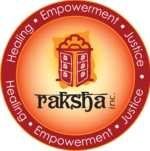If the term human trafficking brings up the image of the infamous white van or scenes from the movie Taken (2008), it is time to broaden our understanding of this billion dollar industry and its workings. Human trafficking takes so many forms and connotations beyond the more visible. Which is why it continues to thrive despite the lockdowns, social distancing, reduced international travel and border closures.
The alarming reason behind the continued growth of trafficking rates through 2020 is the increase in “push factors” driven by the pandemic – economic vulnerabilities, housing insecurity and the undeniable intersectionality with domestic violence. An increased usage of internet, social media and virtual platforms for connection create new opportunities for traffickers to target victims, especially vulnerable youth and children (cyberstalking, online exploitation).

The U.S. Department of Justice estimates that nearly 20,000 people are trafficked into the U.S. every year. Anyone can be a potential victim of human trafficking but 80% of those victims are female, and 50% of those are minors.
Human trafficking is defined by U.S. law as the recruitment, abduction, transport, harboring, transfer, sale, or receipt of persons for the purpose of exploitation.
The US Department of Defense defines human trafficking as a crime in which force, fraud or coercion is used to compel a person to perform labor, services or commercial sex. It affects all populations: adults, children, men, women, foreign nationals and U.S. citizens, and all economic classes.
